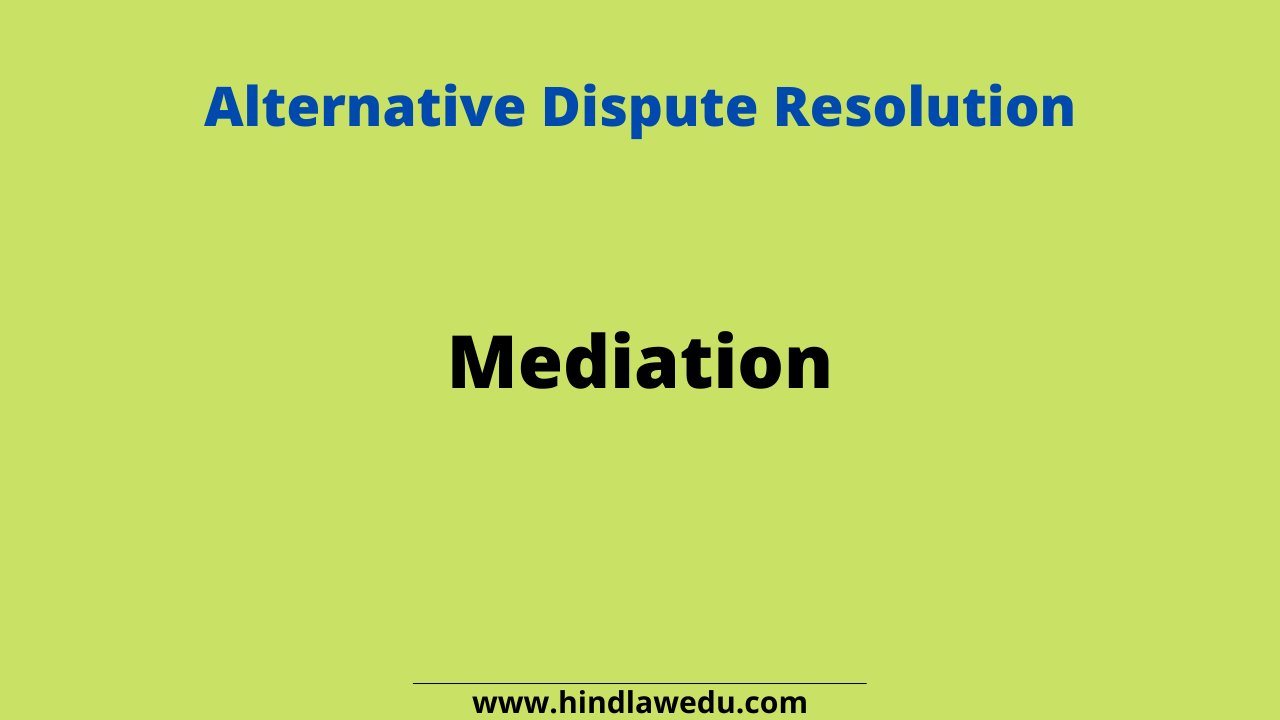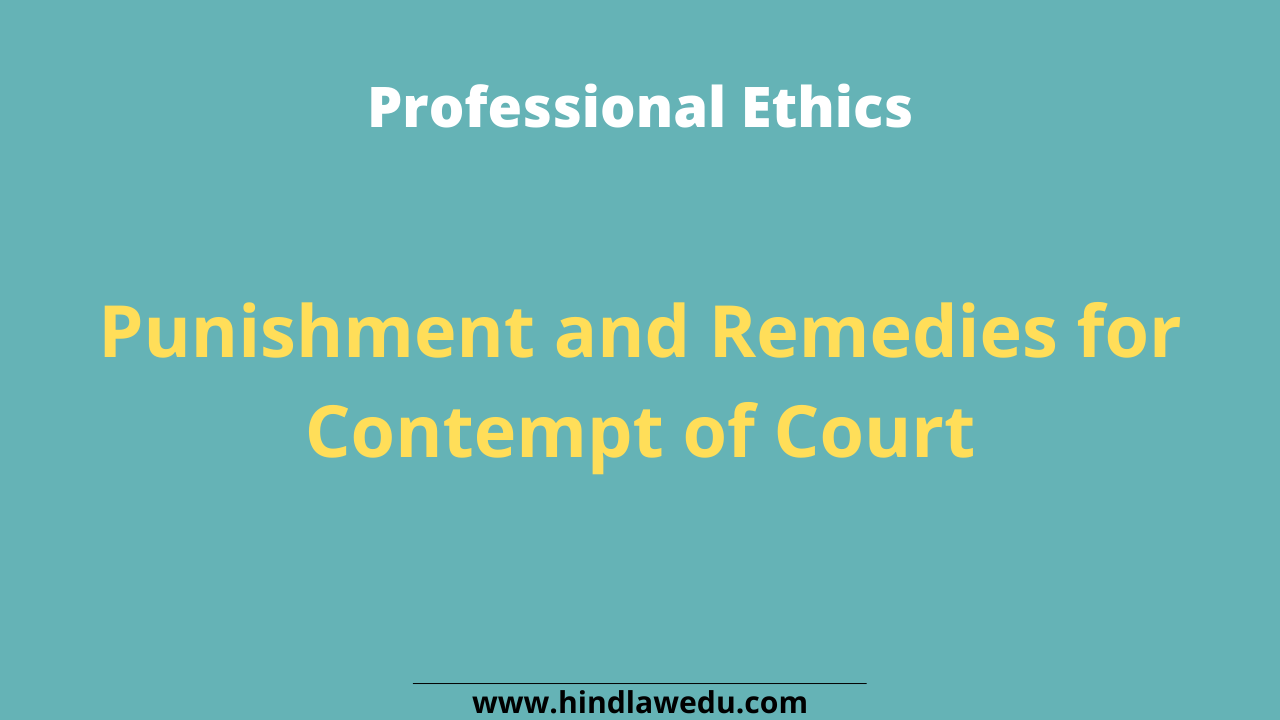Professional Accounting or Accountancy is a process of recording financial transactions related to a business or profession. The accounting process includes summarizing, analyzing and reporting these transactions to the tax collection entities. The financial statements used in accounting are a concise summary of the financial transaction over an accounting period.
Keeping a track of transactions is of key importance to any business or profession. While there might be different accounting systems depending on the need, maintaining an updated book of accounts is very important. In this digital era, computerized accounting systems have made accounting simple and reliable. Accountancy ordinarily concerns the trade and business but it is also useful to the professional men like advocates, doctors, chartered accountants, etc.
An advocate has the following duties to the client regarding the financial transaction during the legal proceeding:
1. an advocate should keep the accounts of his client’s money assigned to him and the account should show the amount received from the client or on his behalf, the expenses incurred for him and the debits made on the account of fees with respective dates and all necessary details.
2. When money is received from the client the entries in the account should contain for which purpose that money(fees or expenses) has been taken and during the course of the proceedings no advocate shall except on the consent in writing of the client be at liberty to divert any portion of the expenses towards fee.
3. Where any amount is received or given to him on the behalf of his client the fact of such receipt must be intimated to the client as early as possible.
4. After the termination of the proceedings the advocate shall be at liberty to appropriate towards the settlement fee due to him, any sum remaining unexpended out of the amount paid or sent to him or expenses in that proceedings.
5. where the fee has been left unsettled the advocate shall be entitled to deduct, out of the money of the client remaining in his hand, at the termination of the proceedings for which he had been engaged under the rules of the Court, in force for the time being or by then settled or the balance if any shall be refunded to the client .
6. A copy of the client’s account shall be furnished to him on demand provided that the copying charge is paid.
7. An advocate shall not enter into engagements whereby funds in his hands are converted into loans.
8. An advocate shall not land money to his client for the purpose of any action or legal proceedings in which he is engaged by such client.
However, an advocate shall not be held guilty for a breach of this rule, if in the course of a pending suit or proceedings and without any arrangement with the client in respect of the same, the advocate feels very necessary and compelled by reason of the rule of the court, to make a payment of the court on the account of the client for the progress of the suit or proceedings.
Read About:














